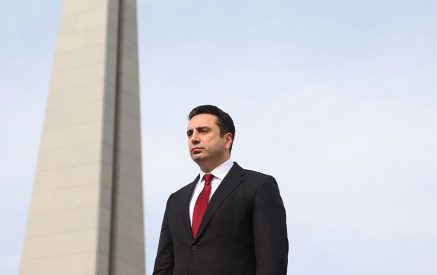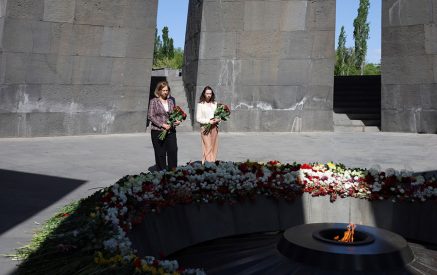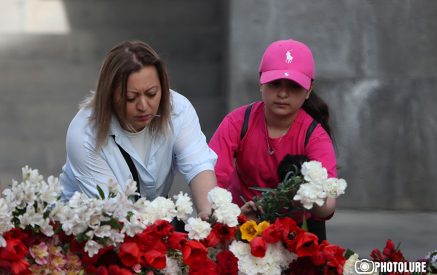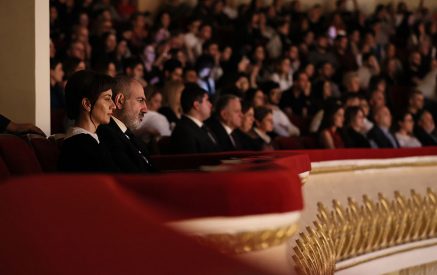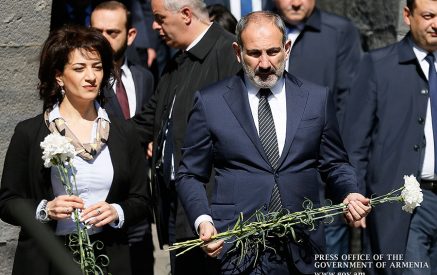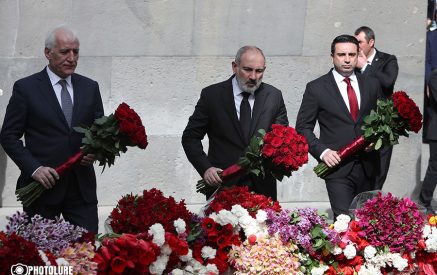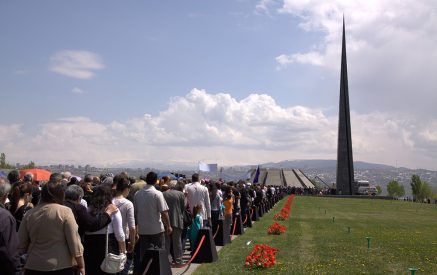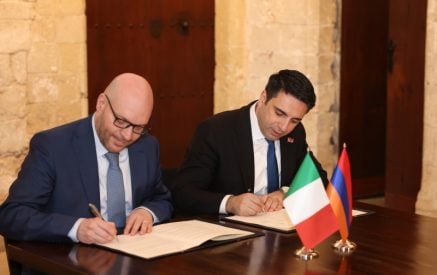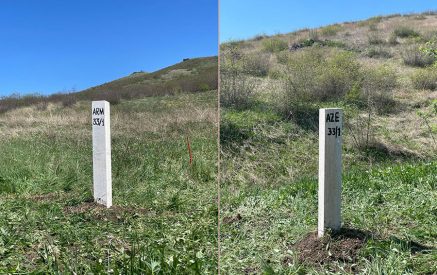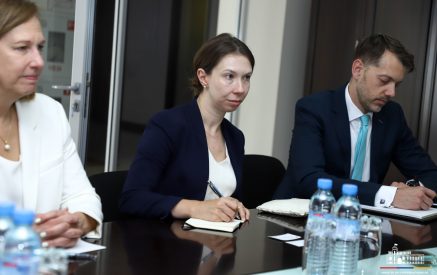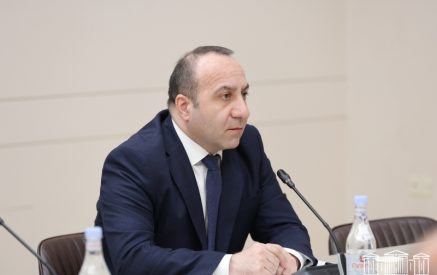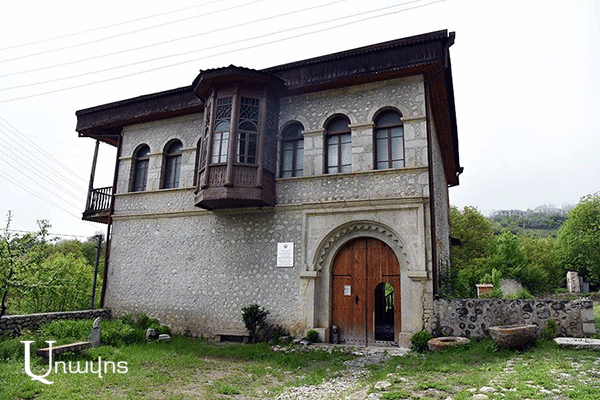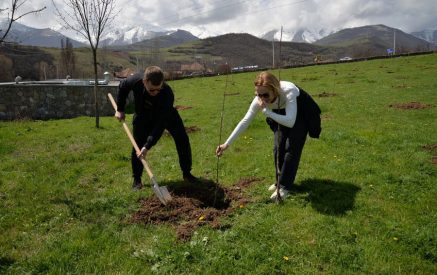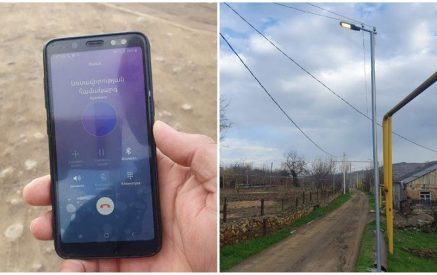Shushi History Museum operates for already 25 years. Here both the samples found during the excavations of Shushi area and old items possessing a historical value acquired from the residents are exhibited.
One can see items of Middle and most importantly, of early Bronze Age.
The director of Shushi History Museum Ashot Harutyunyan told that now the following primary issue stands on top of the agenda of the museum: to restore the parts of Shushi history not still exhibited. “With this regard the items found in Shushi area of late Bronze Age are of a great importance which date back to 12-10 centuries B.C. Remarkable are the graves of early Christian era dating back to the 5-9 century A.D. found nearby Shushi city hospital during constructions. All this witnesses once again that Shushi area has been inhabited since early ages – as contrary to the version suggested by Azerbaijan distorting the reality: the mentioned constitutes that until 18th century it has not been inhabited, ascribing the foundation of the city to Panah Khan”, highlights A. Harutyunyan and adds that Azerbaijani people have used the Soviet years to the detriment of us and tried to hide and abolish every material evidence.
Referring to the visitors of the museum, he notes that they have 500 and more visitors per month. “April war had had an influence on the visits of foreign tourists last year, but this year their stream to the museum has increased again”, informs the director of the museum.
It is noteworthy that the tourists, visiting Shushi History Museum, oftentimes have the fake information on the city’s history spread by the Azerbaijani side. “However, manifold items are the evidence of the reality of Shushi history”, highlights A. Harutyunyan.
Davit ABAGHYAN





















